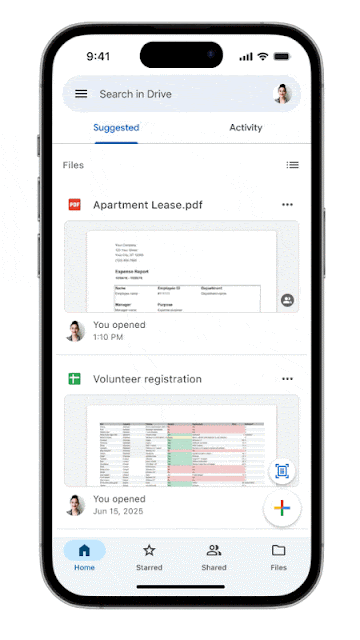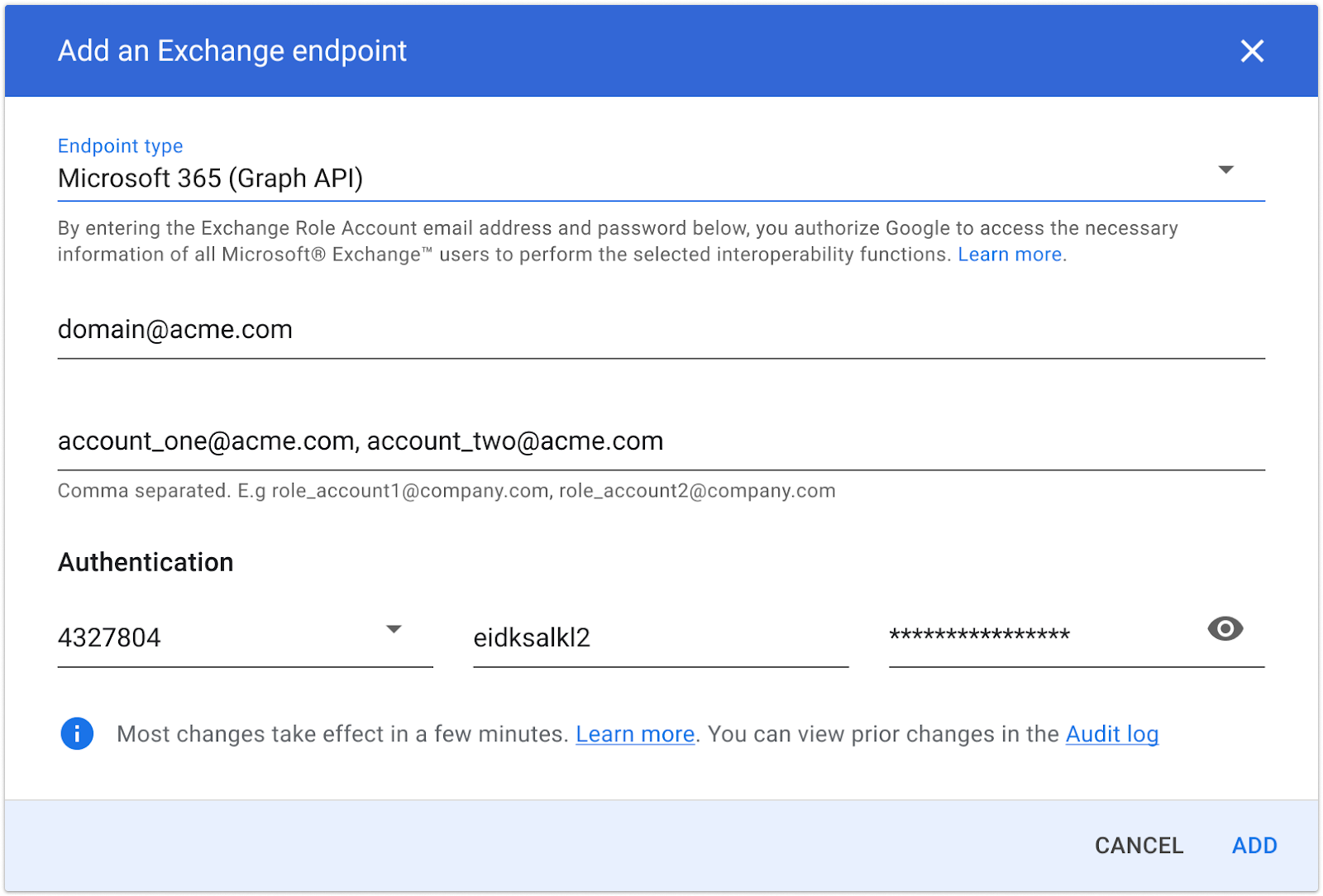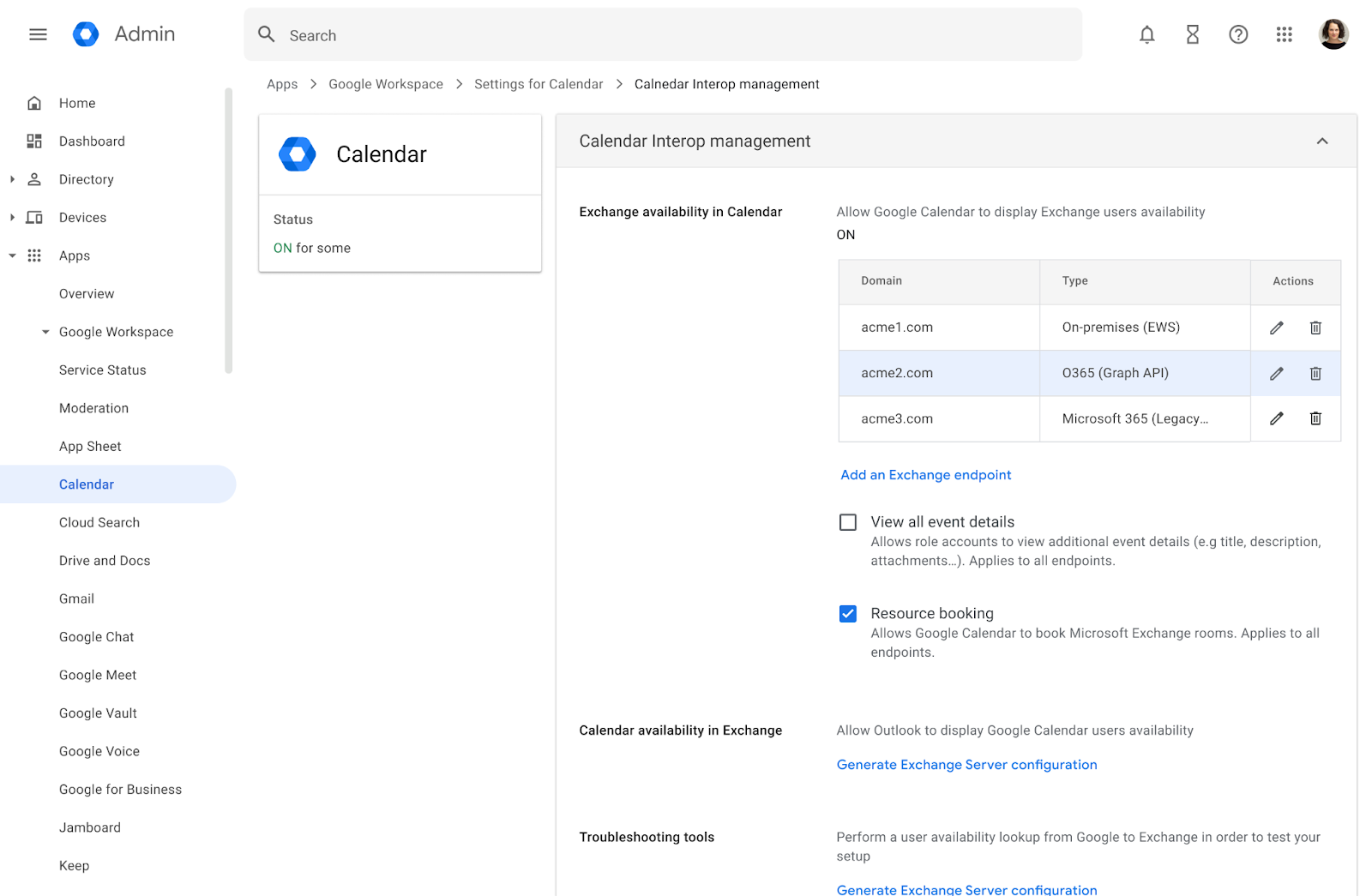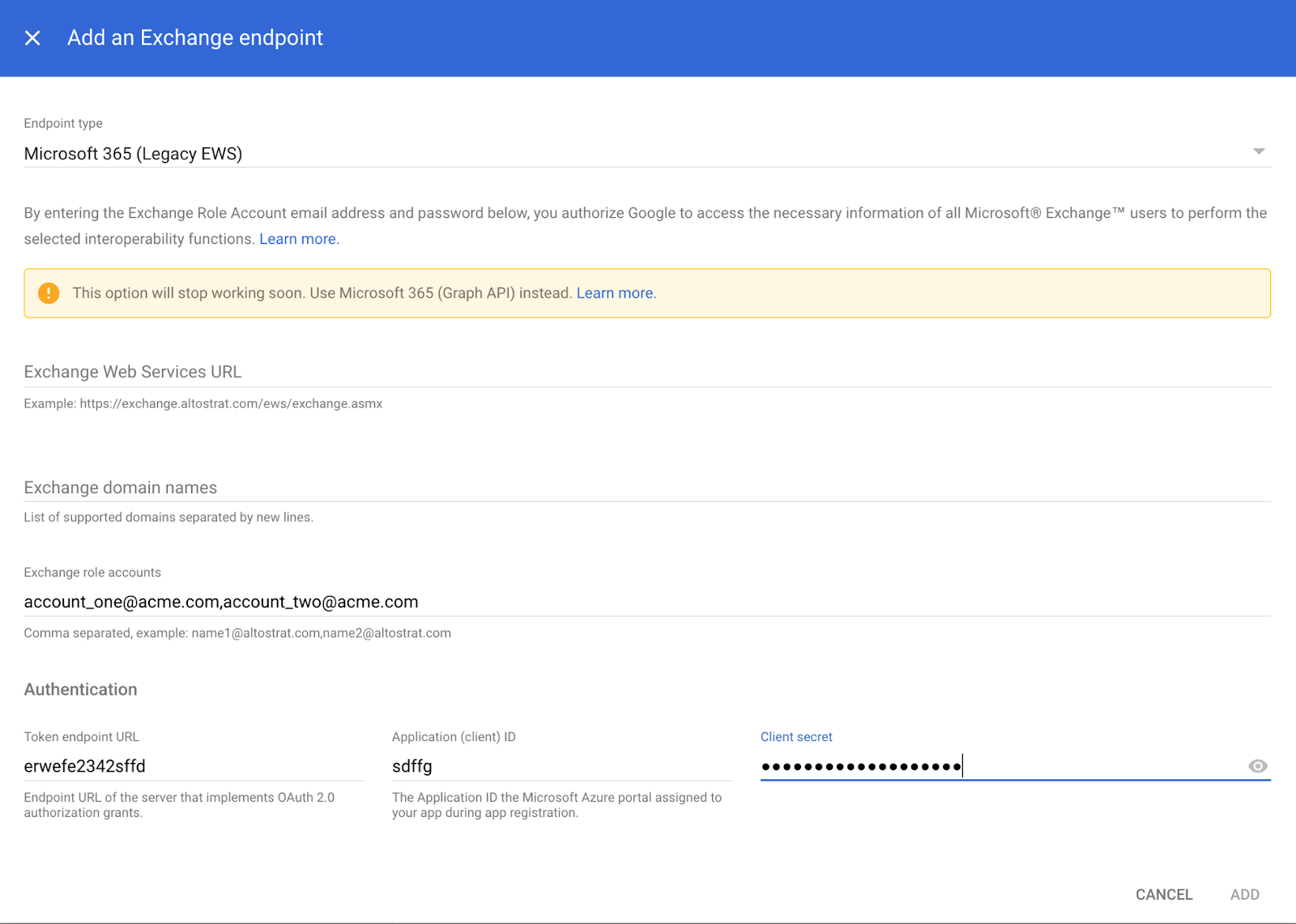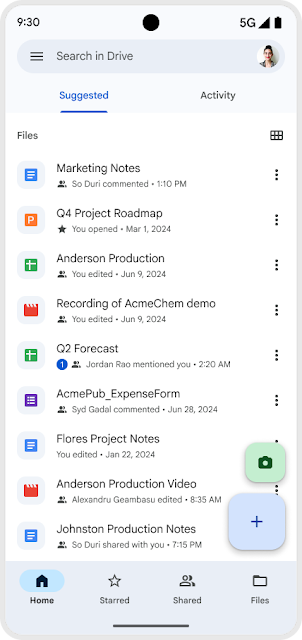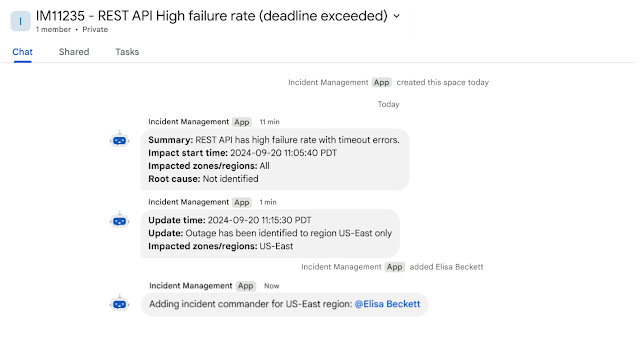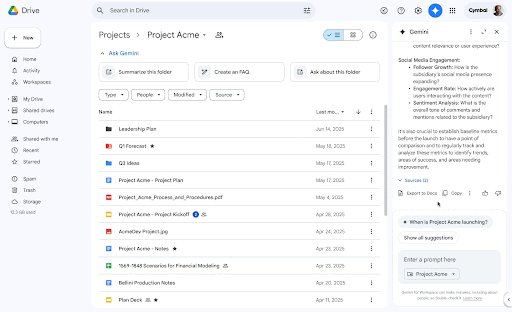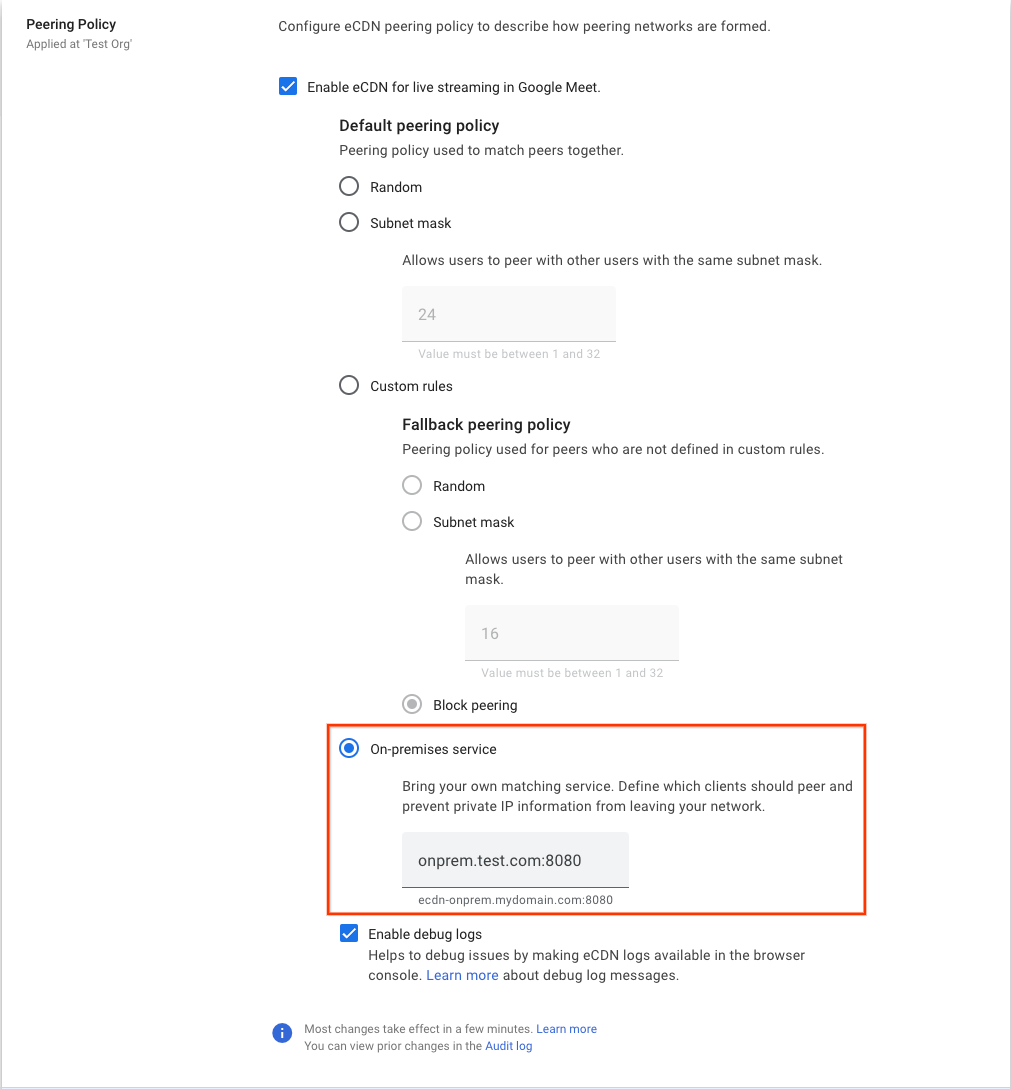The announcements below were published on the Workspace Updates blog earlier this week. Please refer to the original blog posts for complete details.
Use Gemini in Drive to interact with folders in 20+ additional languages
Last year, we added folder support to Gemini in the side panel of Google Drive. This week, we’re excited to announce this experience is now available in 20+ languages. | Learn more about language availability for
Gemini in Drive.
Use Gemini in Google Sheets to quickly add dropdowns, pivot tables, filters, and more
Analyzing and manipulating data in spreadsheets can be complex and time-consuming, even for experienced users. This week, we're introducing powerful new editing options within Gemini in Sheets that are designed to help everyone accomplish more, faster. | Learn more about
Gemini in Sheets.
Google Workspace apps for Gmail, Google Drive, Google Docs, Calendar, Keep, and Tasks are now generally available for the Gemini app
Earlier this year, we launched Google Workspace apps (formerly known as "extensions") in Gemini in open beta. When enabled, Gemini can reference and incorporate data from these apps to generate even more informed and relevant responses, bringing Gemini’s capabilities more seamlessly into your daily workflows, helping enhance productivity. Workspace apps are available for: Calendar, Docs, Drive, Gmail, Keep, Tasks. | Learn more about
Workspace apps in the Gemini app.
Extract and categorize data in AppSheet with the power of Gemini
At Google Cloud Next 2025, we introduced Gemini in AppSheet solutions for AppSheet Enterprise Plus users. Now you can automatically extract key information from uploaded photos, parse through complex PDFs, or even categorize, route and prioritize incoming requests based on their content – all seamlessly within your existing AppSheet apps. The new AI Task (Preview) feature, powered by Gemini, makes this a reality. | Learn more about
Gemini in AppSheet.
Upcoming Changes to Microsoft Exchange Migrations
Beginning May 31, 2025, the legacy Data Migration Service will no longer support migrating email, calendar, and contact data from Microsoft Exchange on-premises servers (e.g., Exchange 2010, 2013, or 2016). Admins will not be able to start new migrations after May 31, 2025 – migrations that are in progress will continue until completion. | Learn more about
changes to Microsoft Exchange Migrations.


